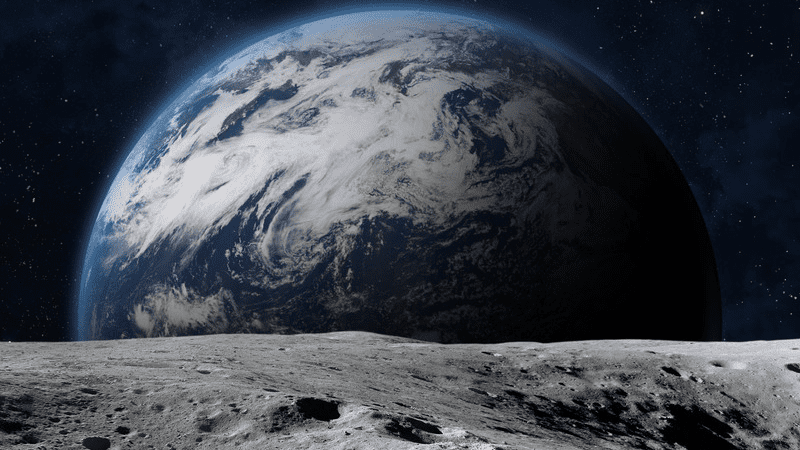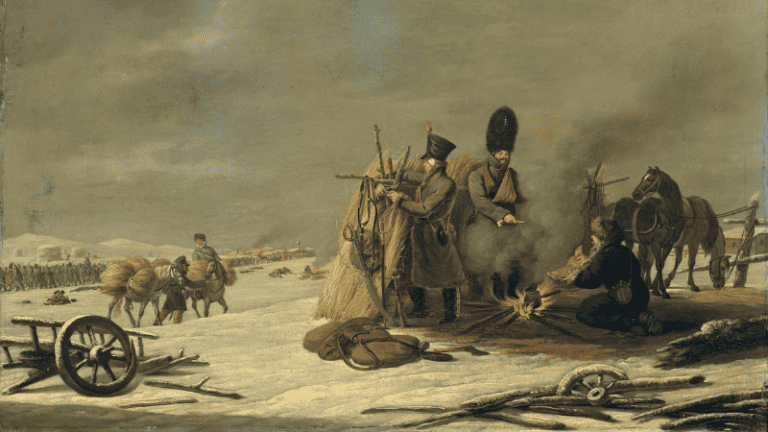What exactly is the overview effect
Imagine you are an astronaut. After the shaking of the launch subsides and everything becomes quieter and quieter and more and more distance comes between you and our planet, you see that the curvature of the earth's surface becomes more and more distinct. The longer you look at our earth, the more you feel that your whole perception changes - you experience the overview effect.
What is the Overview Effect?
The Overview Effect is a term coined by astronaut Frank White to describe the profound psychological change that occurs when one gazes at the Earth from space. It is a sense of awe and wonder, as well as a heightened sense of connection with all living things, that astronauts often experience when viewing the world from above.
How does the Overview effect work?
This change is thought to come from a combination of biological and psychological factors, such as a change in perspective that allows for a more holistic perception of life on Earth. This has also been observed in people who have seen satellite images in real time or had virtual reality experiences that simulate the astronauts' view from space.
Others suggest that this effect is due to seeing the vulnerability and fragility of Earth combined with its beauty and resilience - leading to feelings of respect, responsibility, and a deeper bond between people inhabiting the same small planet in space.
According to Professor David B. Yaden and others, the experience of the overview effect triggers a sense of awe by combining the perception of vastness (as with the Grand Canyon) with the contemplation of abstract concepts such as infinity.
Examples of the Overview effect
An example of this is the famous quote from astronaut Edgar Mitchell after his trip to the moon:
"You immediately develop a global consciousness, a people orientation, a great dissatisfaction with the state of the world and a compulsion to do something about it. From the moon, international politics looks so insignificant. You want to grab a politician by the scruff of the neck, drag him a quarter of a million miles away, and say, "Look at this, you son of a bitch.""
Original: "You develop an instant global consciousness, a people orientation, an intense dissatisfaction with the state of the world, and a compulsion to do something about it. From out there on the moon, international politics look so petty. You want to grab a politician by the scruff of the neck and drag him a quarter million miles out and say 'Look at that, you son of bitch.'"
Another example is the words of astronaut Story Musgrave after his mission:
"When I looked at the earth from space... I saw chaos where there should be order; suffering where we should obviously give peace; hunger where we could have abundance; ignorance where education could flourish; warring political factions that could learn cooperation..."
Original: "When I saw Earth from space...I saw chaos where there should be order; suffering where we obviously should give peace; hunger where we could have abundance; ignorance where education could flourish; warring political factions that could learn cooperation..."
The Overview Effect in a Philosophical Context.
Aside from providing new insights into how humans think about their place in our universe, some scholars believe that looking at our planet from the outside can help dismantle negative ideologies such as racism and tribalism while promoting more progressive thought processes such as global unity and respect among cultures.
The research of the Overview Effect basically confirms what philosophers have been teaching for millennia: we are all connected to each other and to the environment. We cannot escape the interaction of all things and we should live in harmony with our environment.
The prevailing impression that we are something that is ininstead of something that from of this world often does not withstand breathtaking impressions, such as viewing our blue planet against the deep blackness of the universe.
"The more clearly we can focus our attention on the wonders and realities of the universe about us, the less taste we shall have for destruction."
Rachel Carson, U.S. scientist and environmental activist







